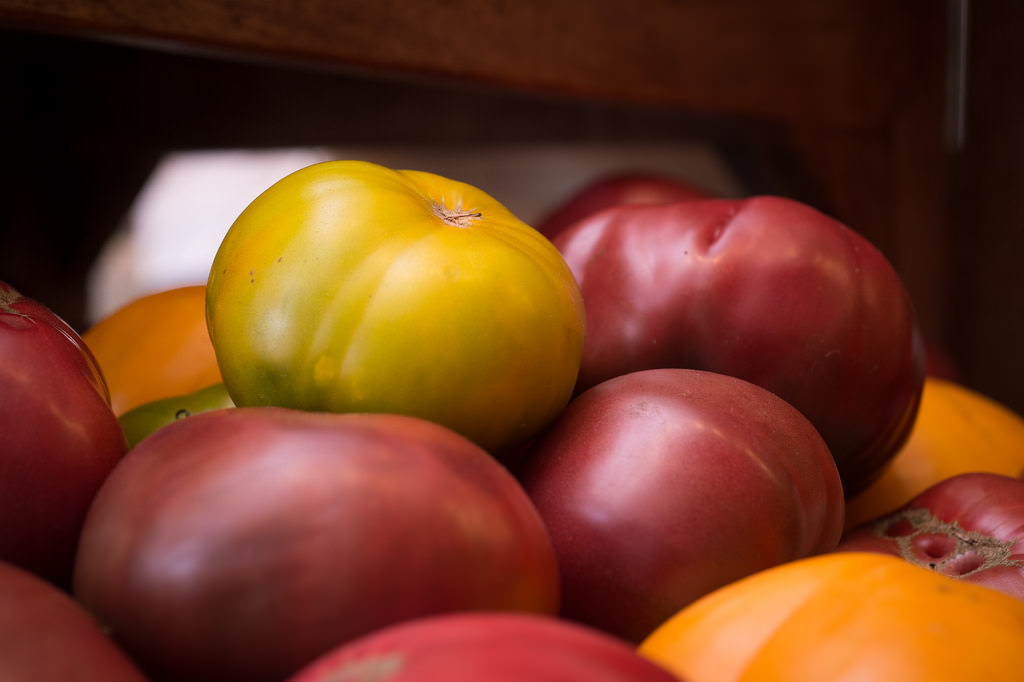Food Co-ops and Capitalism
Take a stroll through your local food co-op and you’re likely to find plenty of folks who don’t react so well to the phrase “free market capitalism.” You might get a couple of lectures on social justice, and an earful on the industrialization of global food production and the havoc it wreaks on society. But political tribalism aside, co-ops can be great practitioners of free market capitalism and integral parts of thriving free market economies.
At their heart, food co-ops and similar organizations are groups of people who demand some niche product or service that larger businesses in an area don’t find profitable to provide. By pooling their money, time, or other resources, these people can make that product or service available to the community in a cost-effective way. They may not be maximizing net revenues, but they’re certainly spending their resources in the way that most benefits them individually.
I’m reminded of Friends of Bob, a cooperative in my hometown of Lafayette, Ind., with which my parents got very involved. It brings musicians to town, works with local venues to put on concerts, sells tickets, and has core members that pay dues and are involved in curating the list of musicians. Basically, there weren’t any venues in town that booked the musicians some people liked, and those people pooled their resources and made it happen — liberty at its finest.
In the case of food co-ops, the niche product in question, especially several decades ago, when many started, was organic food. Organic food wasn’t on large grocery stores’ radar, so people formed organizations to buy, market, and sell food that met certain standards.
That’s when things got interesting. In no small part thanks to these food co-ops, many more people learned about organic food (or food meeting other standards governing how or where it is grown or produced) and demand skyrocketed. Mainstream supermarkets began stocking much more organic food, and powerhouses like Whole Foods were born.
The trend continues, and it’s presenting a challenge to some old and venerable food co-ops. Though many continue to thrive, others have gone out of business, as they’re simply no longer the go-to source in their communities for organic food. I’m far from an expert on what specifically makes food organic, locally produced, humanely raised, or able to meet any other number of standards. And it’s certainly possible that some for-profit businesses do not apply the same “organic” standards as non-profit food co-ops. But so long as the customers are educated, they’ll decide whether some co-ops remain viable.
The article I linked to above talks about some co-ops upping their customer-service game or providing in-house cafes or other amenities. But I wonder if their best bet really is trying to become more like their new competition. Instead, maybe there are other food niches out there that aren’t yet on larger stores’ radars.
We often talk about the profit motive as an essential driver in our economy, and it is, but profit isn’t always defined as revenues minus costs. It’s about individuals having the freedom and resources to maximize their well-being. Sometimes that means cooperating with others to bring certain products or services to an area. And sometimes that educates still others about these items, and the items reach the wider economy, benefitting everyone. So next time you’re at a local food co-op, thank the cashier for being a vital part of our market-driven economy. Just don’t expect a pleasant response.



